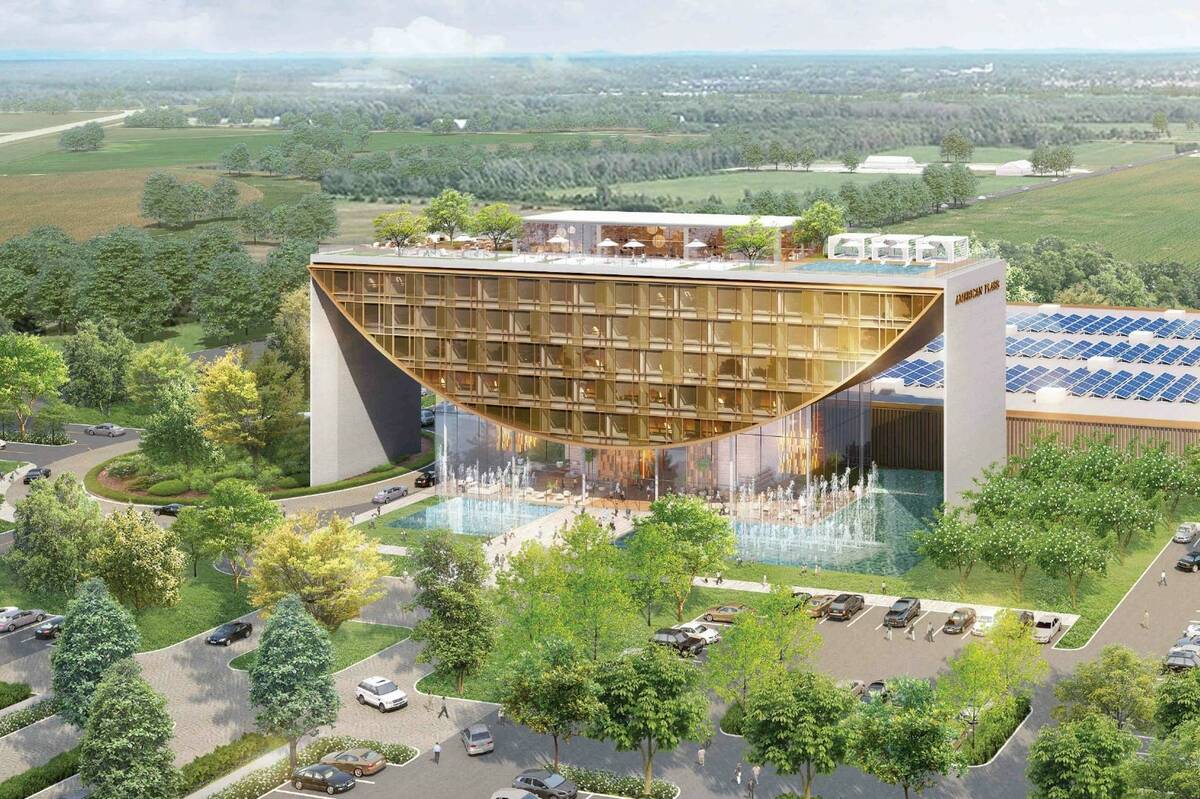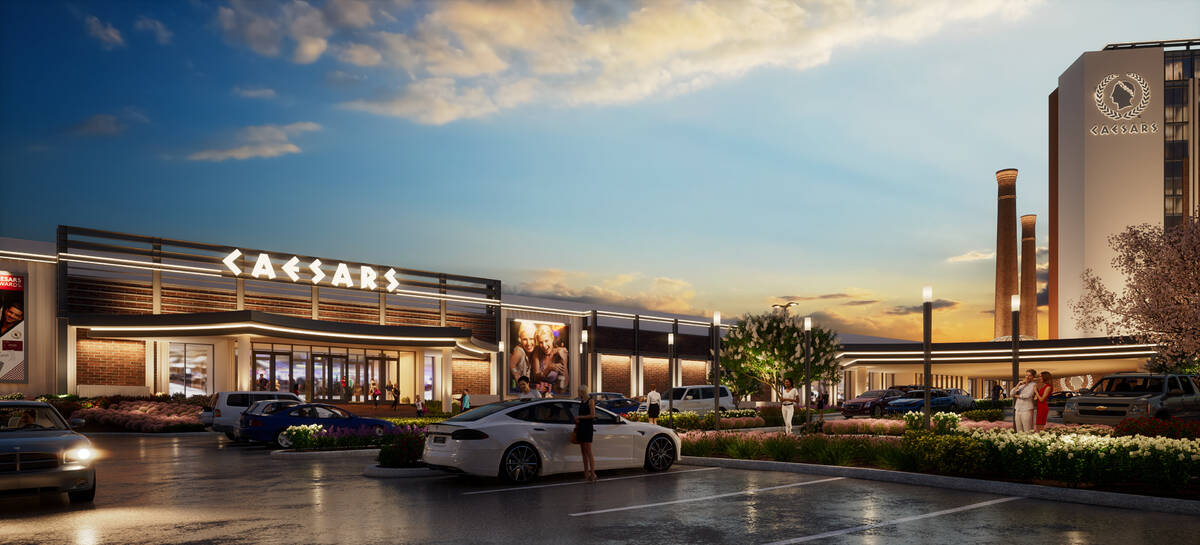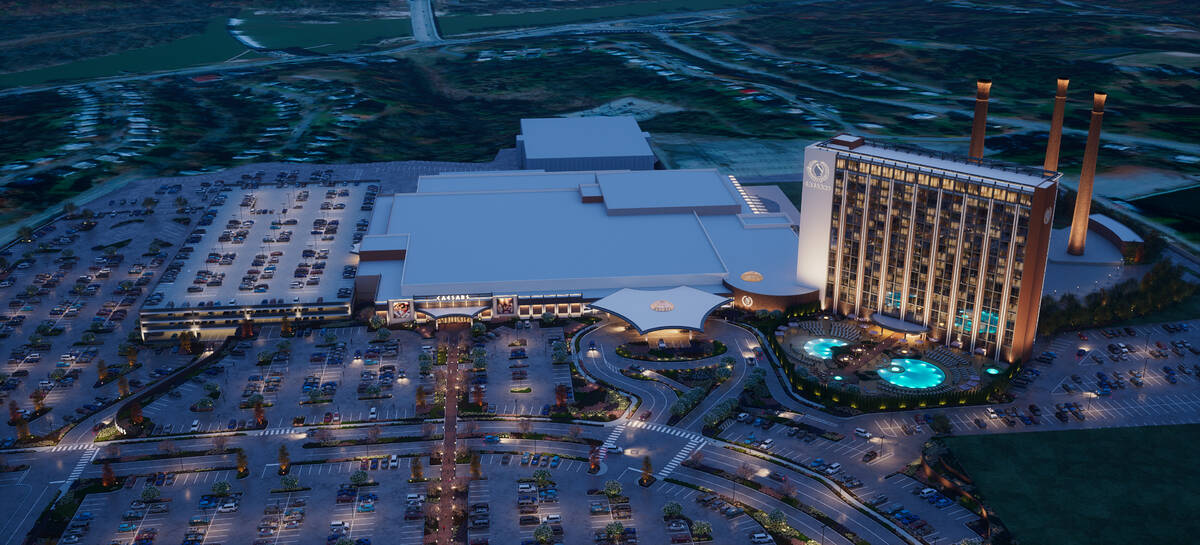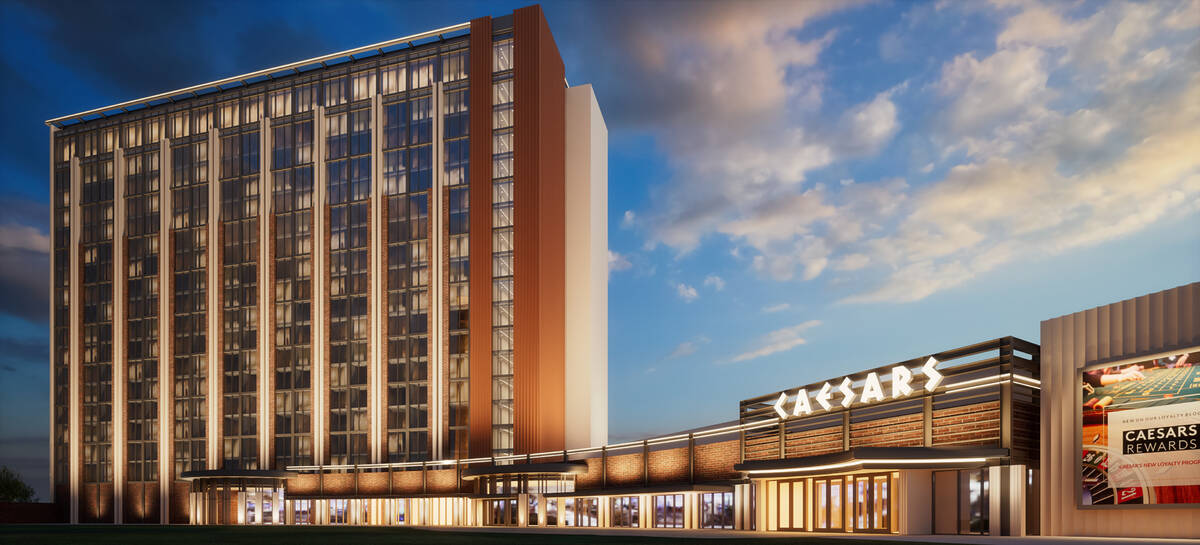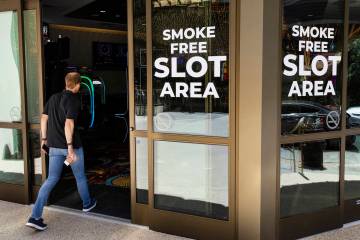More states considering casino gambling expansion
It’s no wonder why states across the nation are in various stages of introducing some form of gaming to their citizens.
The American Gaming Association last week reported that commercial gaming revenue hit a quarterly record for the months of July, August and September and that revenue is on a record pace for 2021.
The AGA said that with $38.67 billion in revenue through the first nine months of the year, the industry has already passed revenue generated for the full year 2020 and is on pace to smash its annual record of $43.65 billion, set in 2019.
For states that already offer some form of gaming, that means the generation of tax revenue to help solve a multitude of problems ranging from underfunded education to homelessness and housing issues.
“Two straight quarters of record gaming revenue is an incredible accomplishment in any context, let alone after the most challenging year in industry history,” said AGA President and CEO Bill Miller. “Our recovery is not a flash in the pan, but rather a sustained result of our leadership in responsible reopening, world-class entertainment offerings and widespread favorability.”
The explosive growth, which industry executives and analysts attribute to pent-up demand resulting from being cooped up during the coronavirus pandemic and available cash from stimulus checks, also is being felt in Nevada.
In a year in which gross gaming revenue across the Silver State is on the verge of hitting its record-breaking eighth consecutive month of gaming win exceeding $1 billion, the third quarter was particularly impressive.
For July, September and October, the state’s casinos collected $3.683 billion, a 58.7 percent increase over the third quarter of 2020. The Control Board said revenue broke down to $2.479 billion won on slot machines and $1.205 billion on table games.
The total won in Nevada in the third quarter was 26.5 percent of the nationwide third-quarter amount.
The list of future projects already underway for the next wave of expansion is short, but the pipeline of new proposals is lengthy.
Here’s a summary of gaming expansion being contemplated in other states:
Virginia
The expansion of commercial gaming in Virginia seemed to be going smoothly up until just recently.
The state’s Legislature legalized sports betting in 2020, and legal bets were wagered in the Old Dominion commonwealth starting in January.
And last November, voters in four Virginia cities voted to allow for casino gambling through partnerships with gaming companies. Those included the cities of Danville, which partnered with Caesars Entertainment, Bristol (Hard Rock International), Portsmouth (Rush Street Gaming), and Norfolk (Pamunkey Indian Tribe).
So when Richmond voters went to the polls Nov. 2 to decide if it would become the fifth Virginia city to make the jump through a referendum that would allow Urban One to build a 250-room resort with 1,800 slots, it seemed like momentum was on expansion’s side. The city’s mayor, Levar Stoney, had even thrown his support behind the project.
But the referendum failed by a narrow 51-49 margin.
The other four cities that voted in favor of casino gambling should be well positioned for their respective markets, said Brendan Bussmann, director of government affairs for Las Vegas-based Global Market Advisors.
“Obviously these aren’t going to be the next Las Vegas, but you’ll see a good regional product,” he said.
Bussmann said he doesn’t expect much movement on additional expansion proposals in Virginia anytime soon.
Colorado
Another sure expansion is in Cripple Creek, Colorado, where Las Vegas-based Full House Resorts is building Chamonix, a 300-room property next door to its existing Bronco Billy’s casino in the small mountain town near Colorado Springs. The company said the property would have the first luxury guest rooms in the market.
Colorado already is seeing a boost in revenue, thanks to the elimination of betting limits in Black Hawk, Central City and Cripple Creek in May.
Full House President and CEO Dan Lee said laborers have been working on utility relocation and the installation of foundation footings and walls for Chamonix, named for a resort in the French Alps. Lee said the project would go vertical after steel arrives onsite in the next three weeks. One tower is expected to top out in April and another in August.
Illinois, Indiana and Chicago
Chicago may have the largest potential for gaming expansion as the country’s third-largest metropolitan area with 9.5 million residents.
“It’s a huge opportunity for a great city,” Bussmann said.
But a high tax rate of 40 percent scared off some potential developers. When the deadline for submittals came, five proposals from four different companies came in.
“The submission of bid responses represents a major step toward the thoughtful development of a casino-resort that uplifts our businesses, employs and empowers our residents and encourages tourism,” Chicago Mayor Lori Lightfoot said. “We are thrilled to have received five high-caliber proposals from Bally’s Corp.; HR Chicago, LLC; Rivers Chicago at McCormick, LLC; and Rivers 78 Gaming, LLC,” she said.
The Chicago proposal is the largest among six regions where the Illinois Legislature authorized casinos. Regions include Danville, Rockford, South Suburbs, Waukegan and Williamson County.
Winning bids are expected to be selected by the Illinois Gaming Board in January.
In Indiana, four companies have submitted proposals for a casino in Vigo County and four in Terre Haute. Full House Resorts is in the mix at Terre Haute.
The company could get an answer as soon as Wednesday on its Terre Haute plan. Lee said his company is among four prospective developers that will make presentations to the Indiana Gaming Commission on that day. The commission has indicated it would deliberate and make a decision on the development later that day.
The Full House proposal, called American Place, would include a 100-room hotel elevated above an interior greenscape with a rooftop pool and restaurant.
New York
Two processes are in place in New York, a market with the nation’s greatest population base, a strong tourism economy and entertainment that could easily connect with gaming.
Nine companies are in line to have sports wagering licenses with a 51 percent tax rate and a requirement that operators can’t deduct promotion play when calculating gross income.
Operators expect to take wagers before the end of the National Football League season.
The second gaming process involves a request for information for three downstate casinos with licensing expected to occur by 2023, although the New York Legislature could move that up.
Las Vegas Sands Corp. made headlines after Sportico, a sports business website, reported that Sands was in preliminary talks with Steven Cohen, the majority owner of the New York Mets baseball team, to build a casino next door to the Mets’ Citi Field at Flushing in Queens.
Sands has not confirmed that report; however, it has expressed interest in the New York City region.
“If the state were to activate the three gaming licenses available for the New York City region it would undoubtedly attract significant interest, and ultimately, investment from interested parties like us,” the company said in a statement. “The amount of good paying middle-class jobs and the tax revenue generated by these projects would be meaningful to the state and the local communities as well.”
Texas
Texas always has been considered one of the best prospects for casino gambling because of its large population base, low taxes and an appreciation for entertainment, Bussmann said.
Sands hired a team of lobbyists to explain how the state would benefit from the development of four integrated resorts across the state.
Now that the state Legislature has adjourned, efforts to lobby lawmakers have scaled back, but they’re expected to ramp up again when a new session begins in 2023, which means it’s likely there won’t be anything on the ballot for Texans to consider until 2024.
Still, the gaming industry will continue to be visible.
Next month, the National Council of Legislators from Gaming States will convene in Austin and one of the event’s speakers will be Sands executive Andy Abboud.
Florida
The Florida Legislature approved of a compact negotiated by Gov. Ron DeSantis and the Seminole Tribe of Florida that gave the tribe control of sports betting in the nation’s third most populous state. U.S. Interior Secretary Deb Haaland approved the compact in August.
But multiple groups have filed lawsuits against Haaland, challenging her authority to approve the compact, and arguing that the Indian Gaming Regulatory Act, or IGRA, allows the Seminoles to accept bets that are placed off -property, as would be allowed under Florida’s agreement with the tribe.
A federal judge in October dismissed one lawsuit, but another is still moving forward.
Other groups meanwhile are going to the state’s voters to push for further expansion. And those efforts have major backing from some of the biggest gaming companies.
FanDuel and DraftKings each wrote $10 million checks to Florida Education Champions, which is pushing for a 2022 ballot measure that would allow for online sports betting across the state.
Las Vegas Sands had as of July donated $17 million to Florida Voters in Charge, which is pushing for two measures that would allow for as many as three new casinos in north Florida.
With more than 20 million residents, it’s understandable why major companies want to carve out a piece of what the Seminole Tribe has.
“It’s one of the largest population states where there’s tremendous opportunity to diversify a gaming product,” Bussmann said.
Nebraska
Nebraska voters had to pass three initiatives in order to introduce casino gambling to the state, one to amend the Constitution to allow games of chance to be played, one to establish a tax rate of 20 percent and one to establish the Nebraska Gaming and Racing Commission to regulate the industry.
Now that the voters have passed them, state legislators went to work cleaning up the bills and expanding the number of locations gaming will be allowed.
The initial bill enabled casinos linked with horse tracks at Lincoln, Omaha, Grand Island, Hastings, Columbus and South Sioux City. In the cleanup process, lawmakers added tracks in Bellevue, York, Norfolk, North Platte and Gering.
The regulatory structure in Nebraska is expected to be approved in mid-December and when the Legislature convenes in January, another cleanup bill is anticipated that could expand games and regulate sports wagering.
Georgia
The debates over legalizing casino gambling and sports betting are not new to Georgia. For the better part of a decade, the state has toyed with the ideas, but each time they’ve run into a brick wall.
Casino gaming expansion would require a ballot initiative to be approved by voters in the nation’s eighth most populous state. Lawyers for the state’s legislature think that there is a legal avenue to pass sports betting simply through legislation, however, and gaming industry watchers like Bussmann expect that debate to come up when the body convenes next January.
And it will be backed by a coalition of Atlanta’s pro sports teams, including the Braves, Falcons, Hawks and Atlanta United.
Georgia’s Republican Gov. Brian Kemp has said that while he opposes casino gambling, he would not stand in the way if voters were to approve it as long as it’s written so that the revenue will benefit the state’s merit-based scholarship program that is entirely funded by the state lottery.
Getting that support at the polls would be one of the biggest issues, according to Bussmann, given that the state leans more conservative and religious — two groups historically opposed casino gambling on moral grounds.
“My fear with Georgia is overcoming what happens at the pulpit every Sunday,” Bussmann said.
But those long-held anti-gambling beliefs could be shifting. Tennessee’s Legislature passed a bill to legalize sports betting in the state in 2019, and that law went live in November 2020.
But there will be other challenges.
Any ballot measures in 2022 will be fighting for the political airwaves against several huge state and federal races, including what will be nationally watched races for governor and U.S. Senate.
“Georgia’s gonna be expensive,” Bussmann said.
The Review-Journal is owned by the family of Dr. Miriam Adelson, the majority shareholder of Las Vegas Sands Corp.
Contact Richard N. Velotta at rvelotta@reviewjournal.com or 702-477-3893. Follow @RickVelotta on Twitter. Contact Colton Lochhead at clochhead@reviewjournal.com. Follow @ColtonLochhead on Twitter.


